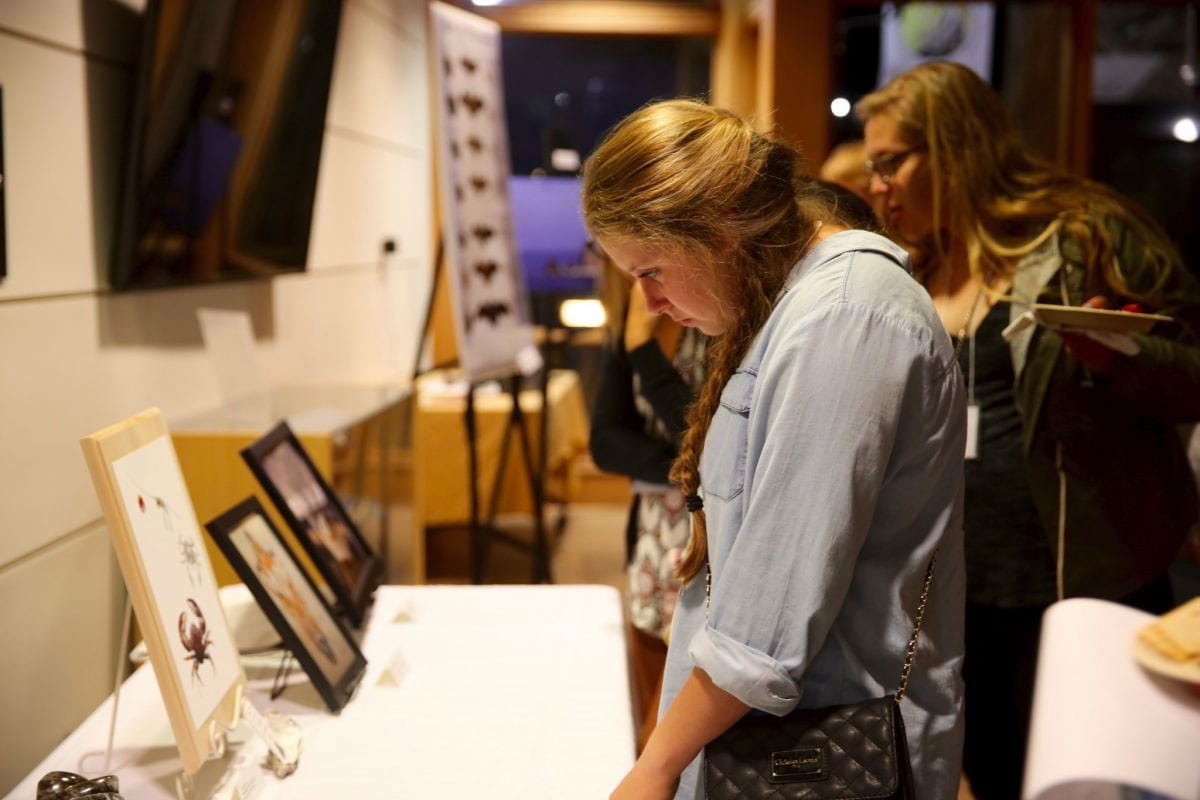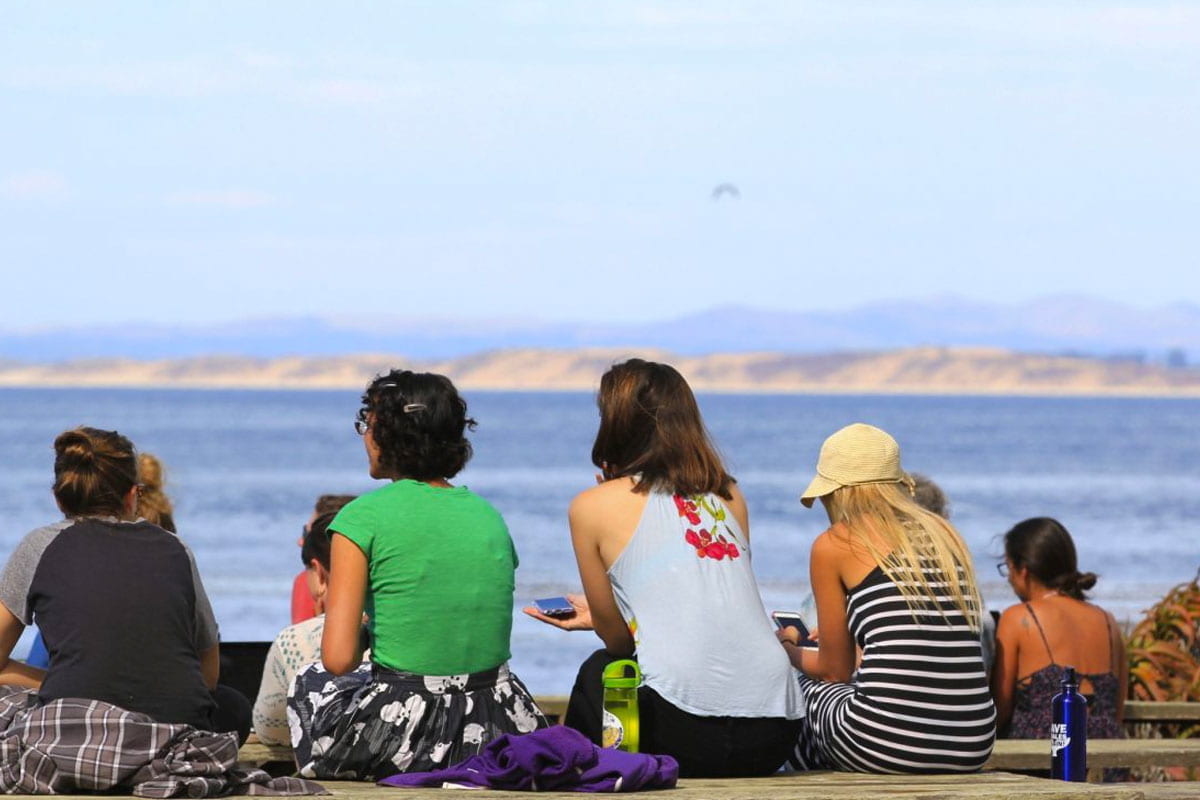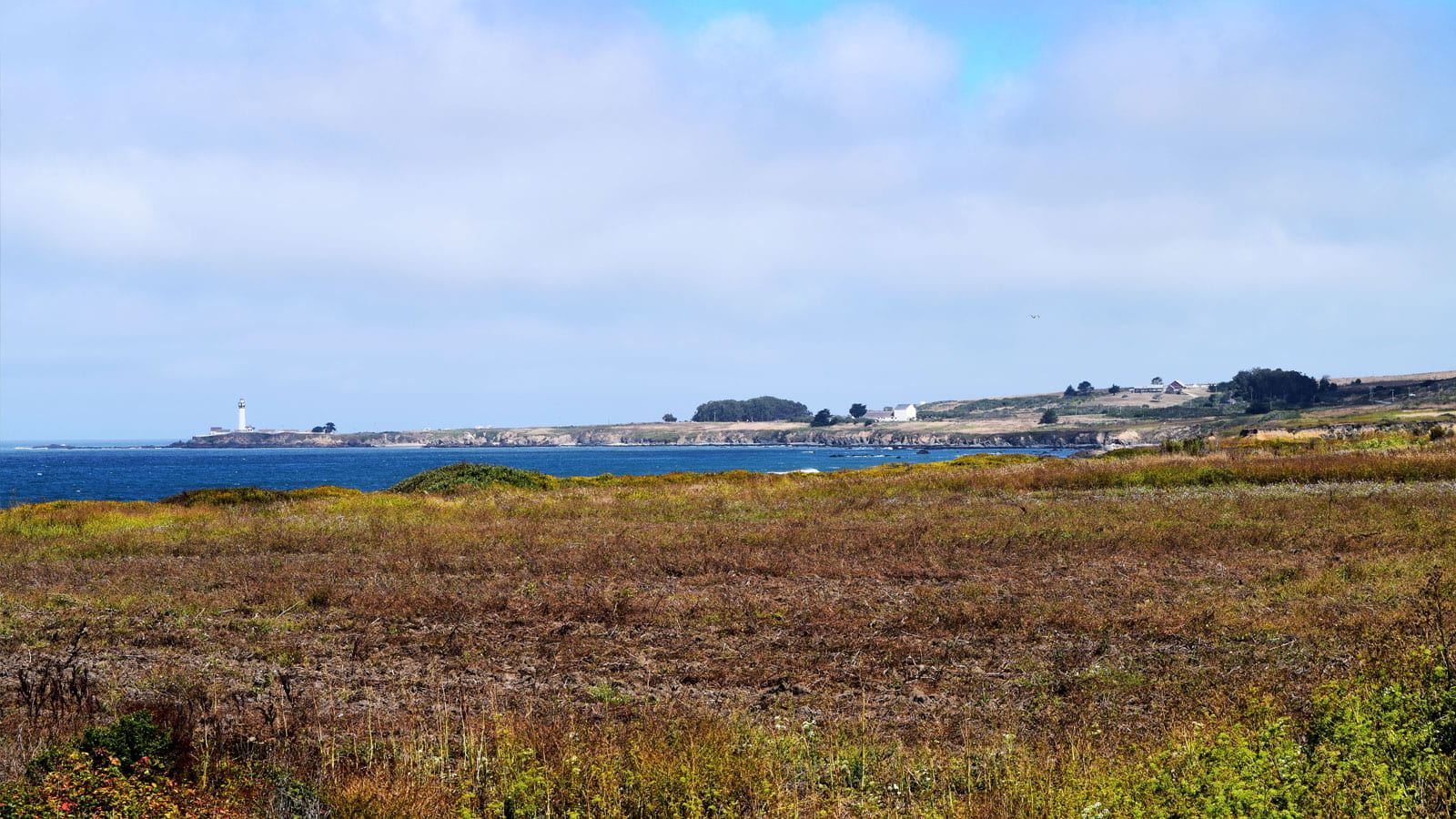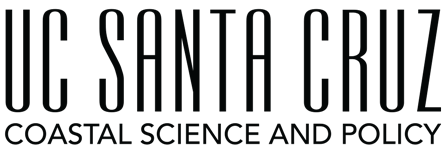MARINE PROGRAM GOALS
Developing coastal and ocean leaders.
- training students to contribute to environmental decision making and shaping the students’ leadership and communications skills early in their careers
- exposing students to professional development and networking opportunities
- nurturing the growth of MARINE as a networked community of students and faculty who focus on ocean-related interdisciplinary fields related to science and policy
MARINE therefore enhances graduate ocean education in the Monterey Bay region by:
- providing leadership training opportunities for graduate students and early career professionals, including interdisciplinary and inter-institutional short courses and workshops
- reducing barriers to, and enhancing opportunities for, multi-campus study and work
- involving students in strategic initiatives and projects
To meet program goals, MARINE offers a series of seminar, short courses, workshops and networking events as professional development opportunities for our audience. MARINE also takes steps to improve the visibility of ocean research and decision making in the region through social media, and increasing access to cross-campus course and research opportunities.

The MARINE Theory of Change
As ocean issues of the future require interdisciplinary skills not extensively found in academic training, our emerging ocean leaders require more professional learning opportunities that increase both their ability to engage in real world ocean problem solving and access to the huge scope of ocean careers outside the ivory tower, while supporting their academic development and study interests.
By providing graduate professional development opportunities in collaboration with regional partners, emerging leaders will be better prepared to engage more effectively in ocean problem solving through increased skill development related to communication, collaboration and innovation. Emerging leaders will also be better equipped for ongoing career development with increased access to career opportunities and a regional network of professionals, while empowered to engage in lifelong professional learning.


